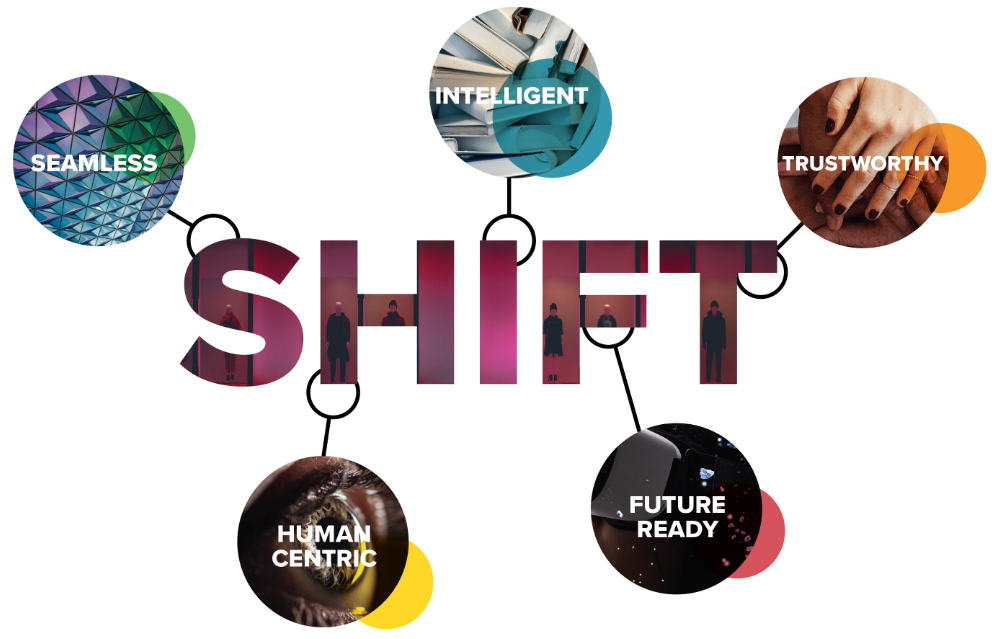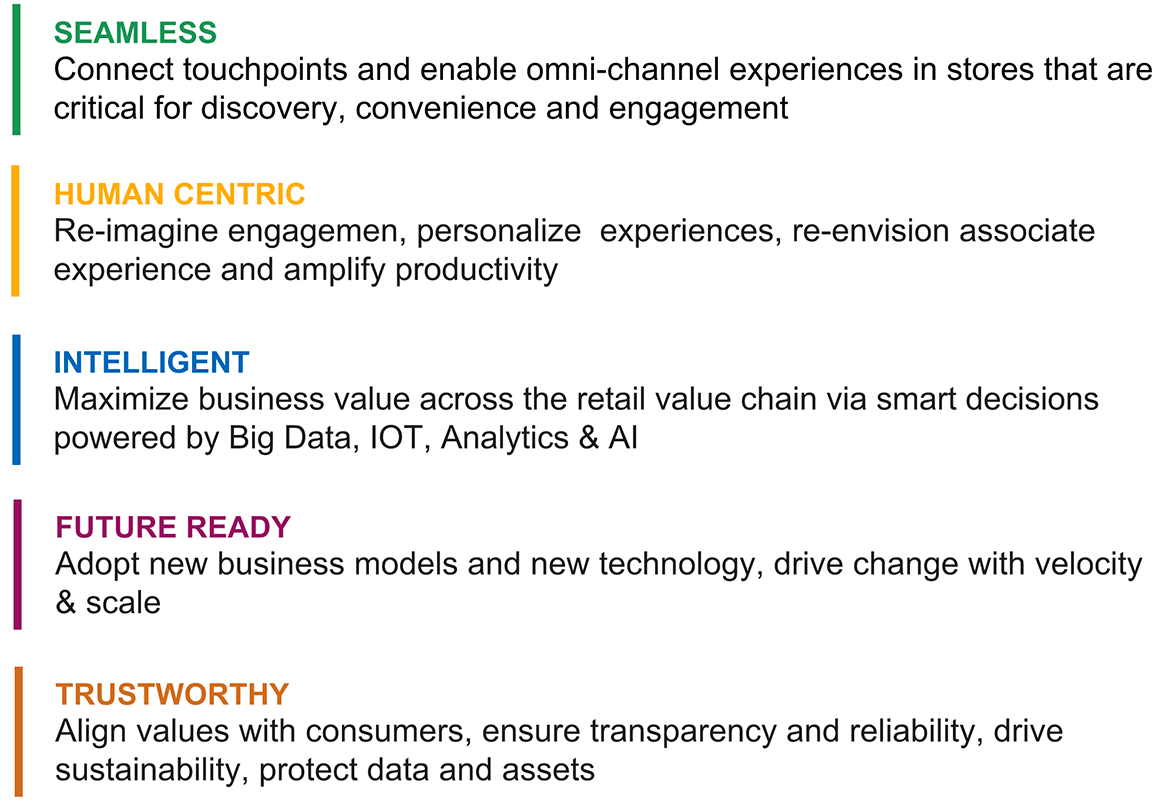Shaping the Future for Retailers
Wipro’s retail experience has been built over two decades of working with the leading retailers around the globe. We help our clients successfully accelerate their digital business transformations and drive change in how they procure, embed, and benefit from the latest tech innovations.
Wipro’s transformational retail IT solutions cover store design, online-to-offline customer journeys and experiences, merchandising, and supply chain transformations. We enable organizations to shift their AI/ML platforms from an outside layer to the core of retail operations, and we also lead tech modernization projects such as accelerated cloud migrations or moving from legacy monolithic systems to best-of-breed and open-source products or platforms.
As the world evolves into a new normal, the retail and distribution industry remains at the forefront of innovation, agility, and change. Shifting customer demand, altered spend patterns, last-mile delivery challenges, and reimagined workforce paradigms are here to stay.
Wipro is delivering retail customer experience solutions that allow businesses to respond to these challenges and thrive across different retail segments based on our extensive experience, assets, platforms, and partnerships.
Leading a SHIFT in retail operations


As a consulting and technology partner to retailers, our retail industry solutions are guided by these underlying beliefs and principles. Anchored by our deep domain insights, our offerings enable organizations to reinvent business models, drive operational efficiencies, leverage digital technologies, and create a culture that embraces change.
Many of the top retailers across the world leverage Wipro’s expertise to gain agility and reimagine shopping journeys by deploying our capabilities in design thinking, analytics, system integration, product engineering, artificial intelligence, cybersecurity, and business support. Wipro not only enables process and technology transformations, it further enables retailers to build an innovation ecosystem for developing new technologies and business paradigms.

From creating personalized experiences to optimizing your supply chain, the possibilities for ambitious retailers to boost engagement, shorten sales cycles, and inspire brand advocacy are nearly limitless. Learn how Wipro helped Nisa build a future-ready infrastructure to secure better deals with suppliers and retailers, automate invoice matching, and create advanced customer promotions to achieve cost optimization and save time.